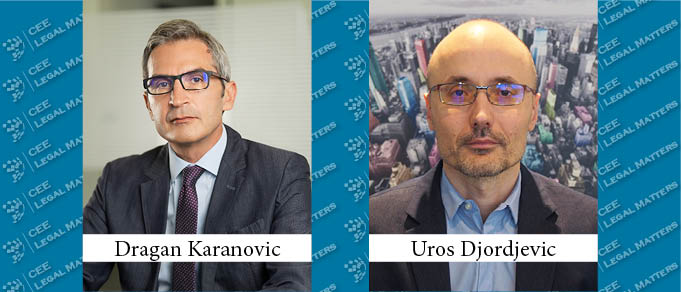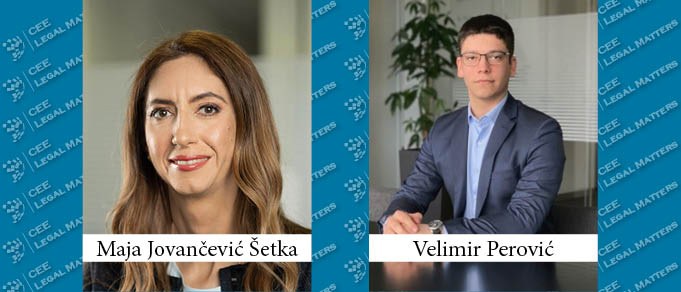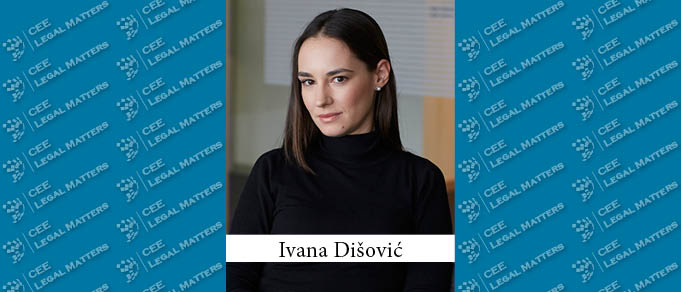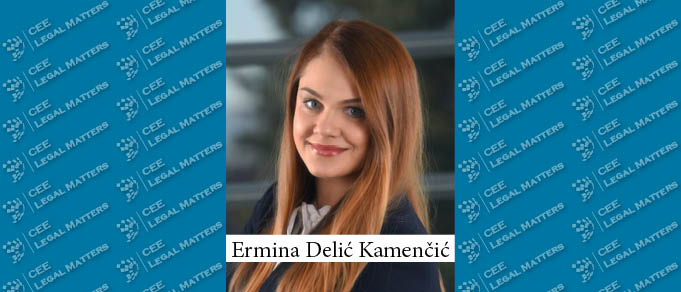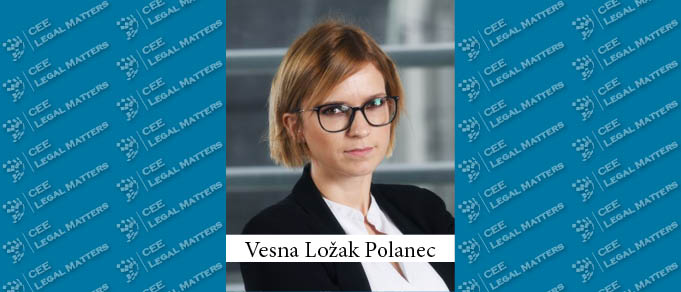While public perception in Serbia on joining the EU has generally been positive, according to Karanovic & Partners Senior Partner Dragan Karanovic, “recent research suggests that the overall enthusiasm of the public has taken a slight decrease, establishing a polarized, almost fifty-fifty view towards EU accession.”
2021 Amendments to the Company Law
On 19 November 2021 the Parliament of the Republic of Serbia enacted amendments to the Company Law. The amendments are applicable as of 27 November 2021, except for certain clauses for which a deferred implementation is provided. This is the seventh time the Company Law undergoes changes since it was enacted ten years ago.
New Capital Market Framework in Serbia
The end of 2021 has marked adoption of the new Law on Capital Market (the “Law”) in Serbia, which was published on 28 December 2021. The Law was adopted in line with the recently enacted Strategy for Development of the Capital Market for the period 2021-2026 and within a wider process of accession of Serbia to the EU.
Bojana Miljanovic Hussey Makes Partner at Karanovic & Partners
Karanovic & Partners has appointed Bojana Miljanovic Hussey as Partner.
Another Amendment to the Company Law
On 19 November 2021 the Parliament of the Republic of Serbia enacted yet another amendment to the Company Law. This is the seventh change of this piece of legislation in its 10 year long legal life. We focus here on the two which may have far-reaching consequences to the landscape of limited liability companies (LLC) in Serbia.
Enforcement of and Against Intellectual Property Rights
Serbia has a long-standing tradition in the protection of intellectual property rights. The Kingdom of Serbia was even one of the first 11 signatories of the Paris Convention in 1883.
Ana Lukovic Makes Partner at Karanovic & Partners
Karanovic & Partners Head of Real Estate Ana Lukovic has been appointed as a Partner with the firm.
Personal Income Tax Incentives and Capital Gains Tax Exemptions Proposed
The Government of the Republic of Serbia has recently proposed amendments to the tax laws, including amendments to the Law on Personal Income Tax (‘PIT Law’), Law on Mandatory Social Contributions (‘SSC Law’) and the Law on Corporate Income Tax (‘CIT Law’).
Non-competition Clause After the Termination of the Employment Contract
The Labour Law contains only 2 articles related the non-competition clause.
North Macedonia: Preparations for the Electricity Crisis
While trying to bounce back from the COVID-19 pandemic, the world is running headlong into an energy crisis, and North Macedonia will meet the same fate. The country is facing serious electricity shortages due to the rising growth of prices on the energy exchanges in Europe. This, in turn, disables the companies that trade in electricity to comply with the agreements signed with companies and institutions to whom they supply electricity on the free market. The disbalance in the demand and supply is then covered from the reserves of the transmission system operator (“TSO”) MEPSO, who is drawing electricity from the European network, thus accruing massive debt. Meanwhile, North Macedonia is trying to increase the domestic production of electricity, by activating the third block of REK Bitola, the country’s biggest producer of electricity and coal.
Changes to the Legislation Governing Lease of Business Premises in Slovenia
Up until fairly recently, the lease of business buildings and business premises (offices, warehouses, pertaining parking spaces, etc.) in Slovenia was governed by the Business Buildings and Business Premises Act (“Act”). Since the Act was adopted back in 1974, it was not shaped for the modern business environment in which it is both in the interest of the lessee and the lessor to be able to act quickly and have at least a certain degree of flexibility when it comes to adopting business decisions. The obligatory 12-month notice period for termination of lease agreements, concluded for an indefinite period, and the obligation to terminate the lease agreement through court proceedings, for example, all but served those interests.
North Macedonia: Investment Support for Technological Industrial Development Zones
The Minister of Finance and the Prime Minister of North Macedonia recently presented the Plan for Accelerated Economic Development (“Plan”), intended to boost the economic development in the country and provide recovery of the economy for the period between 2022 and 2026.
Investments: Elimination of Two-stage Decision Making in the Field of Environmental Protection and Nature Conservation
Based on changes of the Decree on bodies within ministries, the competence to perform administrative tasks in the field of environmental protection and professional and administrative tasks in the field of nature conservation, except for administrative and professional tasks related to responsibility for prevention or remediation of environmental damage, have been transferred from the Environmental Agency of the Republic of Slovenia to the Ministry of the Environment and Spatial Planning.
New Amendments to the Law on Prevention of Corruption
The Law on Prevention of Corruption (the “Law”), the key piece of Serbian anti-corruption legislation that started to apply in September 2020, recently received a short set of amendments.
Another Gun-Jumping Investigation in Serbia
On 6 September 2021, the Competition Commission (the “Commission”) has initiated a formal procedure against company MAT – Real Estate for potential gun-jumping. The transaction concerned involves the acquisition of company Radijator d.o.o., a distributor of plumbing and heating equipment.
Step Forward Towards Simplification of the Company Registration Procedure in the Federation of BiH – Parliament of Federation of BiH Adopted the Amendments of the Company Law
The Parliament of Federation of BiH adopted the amendments of the Company Law of Federation of BiH and the amendments have been published and entered into force on 23 September 2021. The amendments of the Law are aimed at achieving the goal set in the Reform Agenda of Federation of BiH related to simplification of the procedure for registration of business entities and setting up a one-stop-shop company registration system.
“Additional Period” for Ensuring Data Protection Compliance in North Macedonia
Data controllers and data processors had until 24 August 2021 to align with the new Law on Personal Data Protection in North Macedonia (“Law”), which introduced the GDPR in the local legislation at the beginning of 2020. Non-compliance with the new obligations for personal data protection can lead to severe penalties, such as fines of up to 2% and up to 4% of the total annual turnover from the previous financial year, per misdemeanor.
Slovenia Will Soon Not Be the Last EU Member State Without a GDPR-Implementing Act
Following the record-long period, since May 25, 2018, during which Slovenia failed to adopt a relevant GDPR-implementing act, the Slovenian Government has sent a new draft of the Slovenian Data Protection Act for public discussion. If the parliamentary process runs uninterruptedly, the adoption of the new Act can be expected by the fall of this year.

